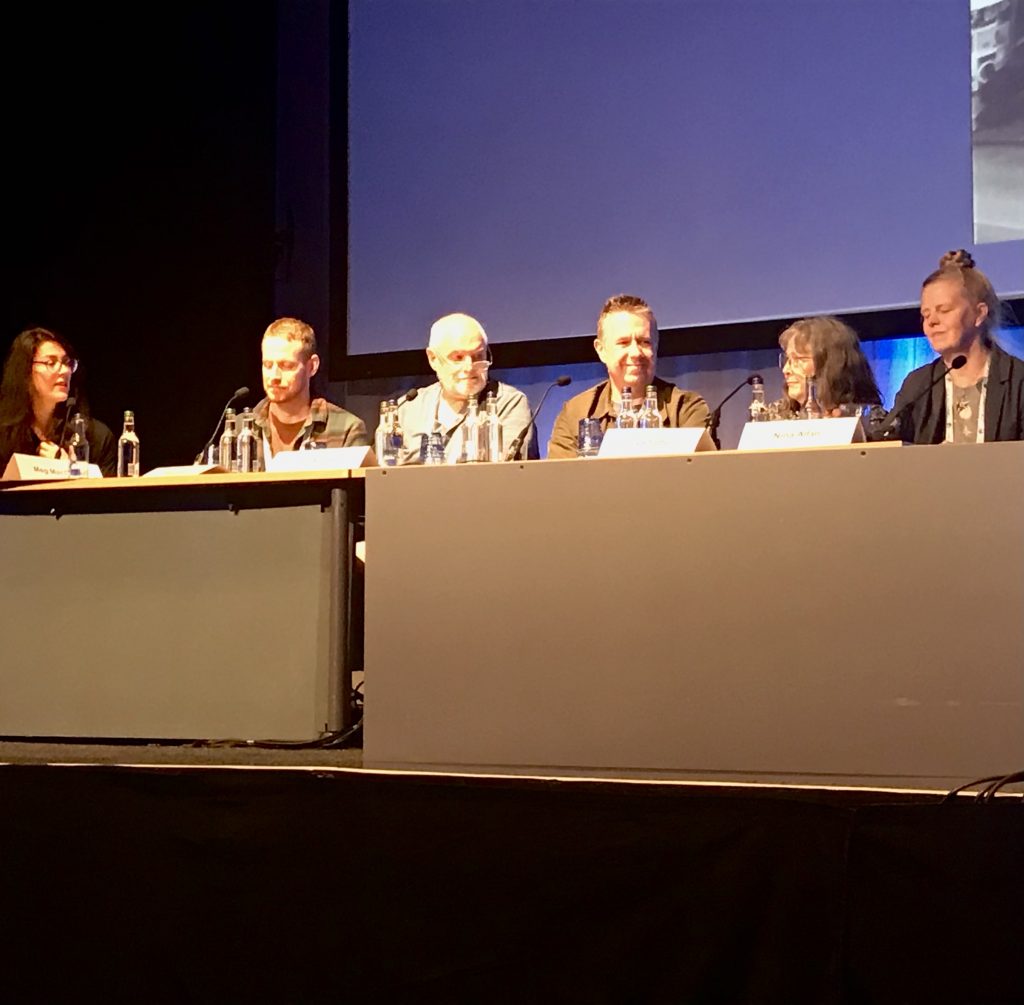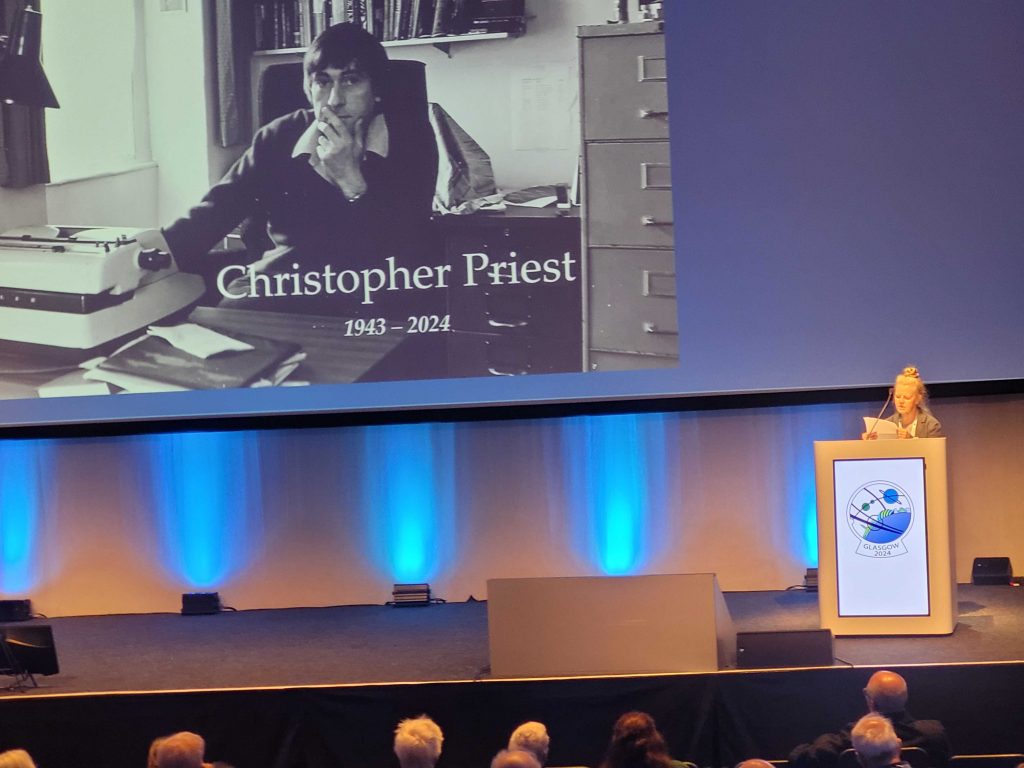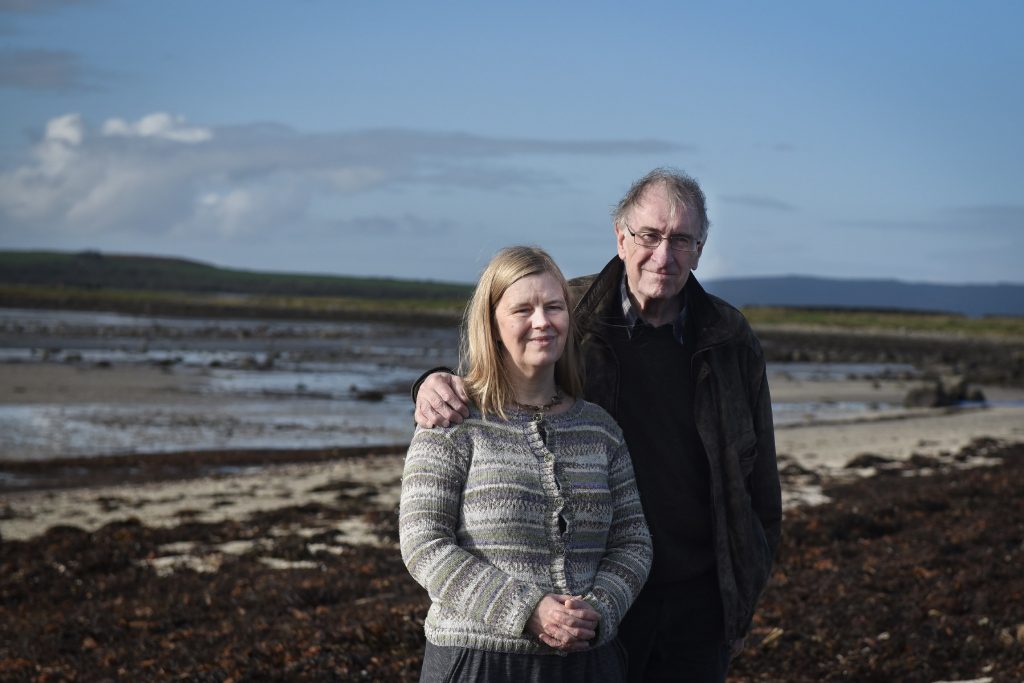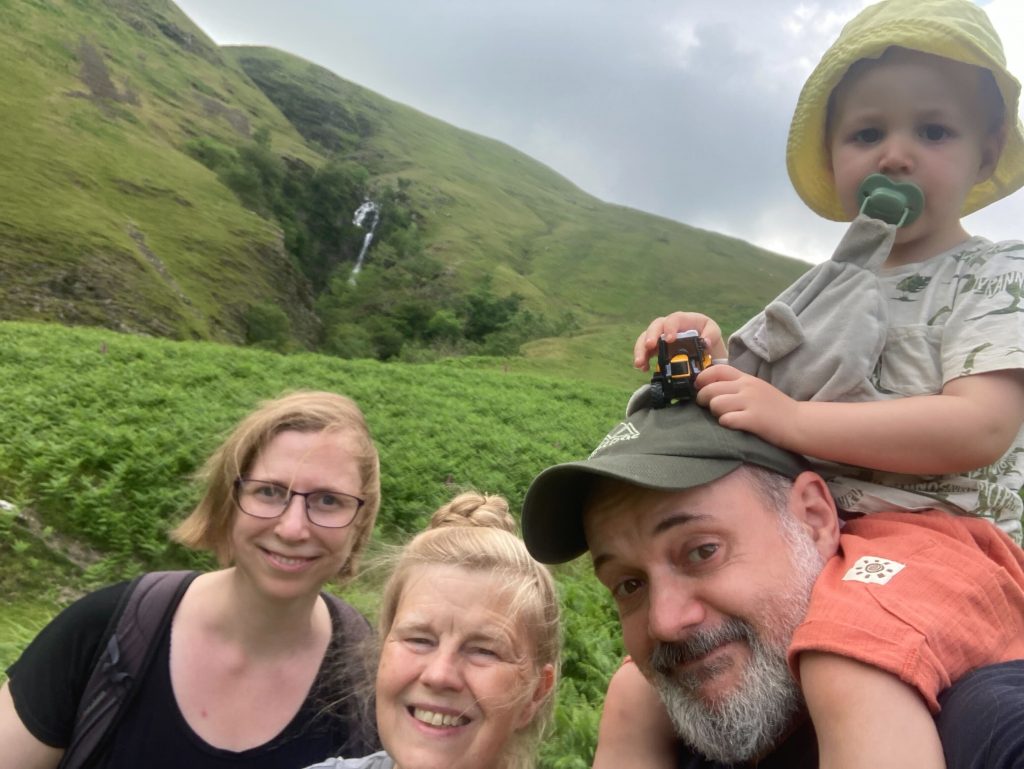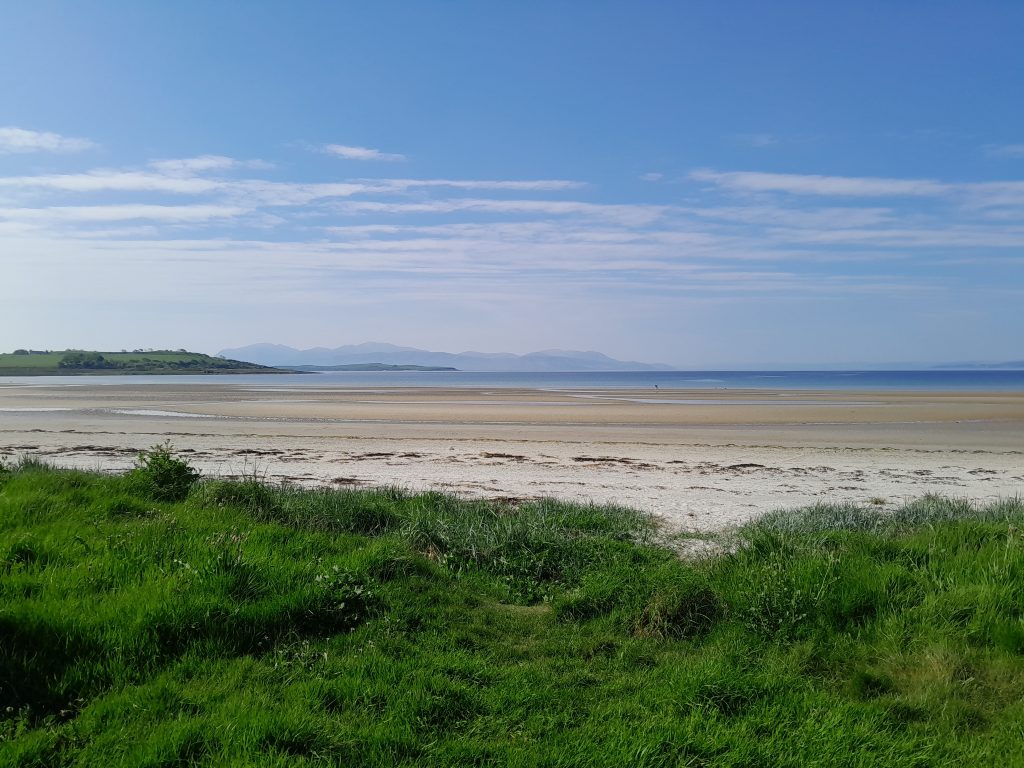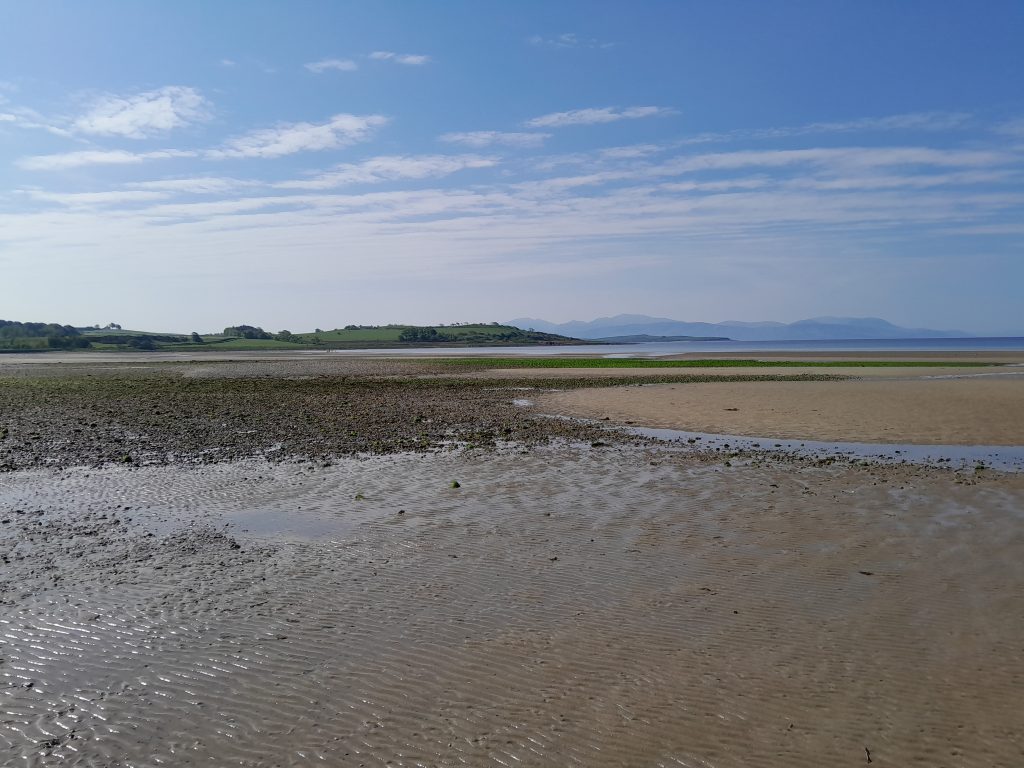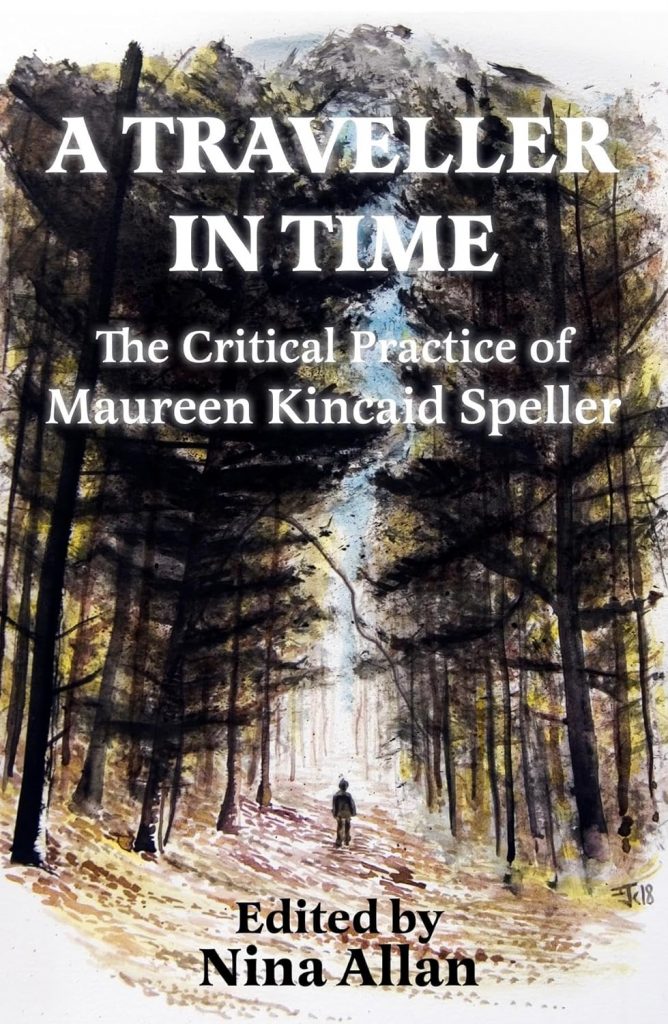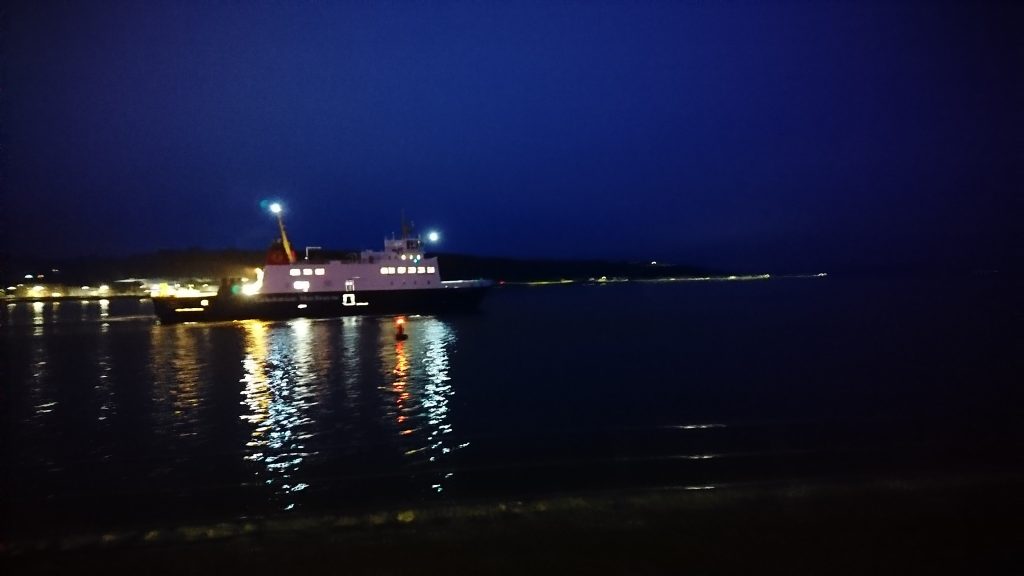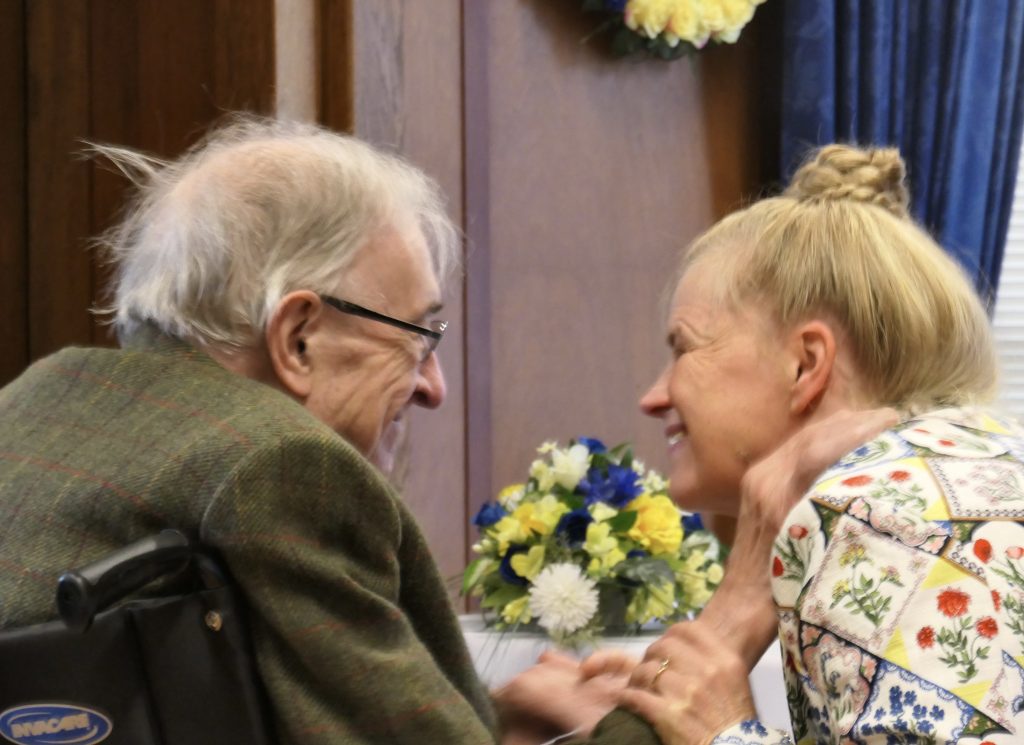Samhain, the end of autumn and the beginning of winter. Memories of Hallowe’en when I was a child, the dozens of paper demon faces I would cut out and colour, slipping them between the pages of books, under tea mugs and into cupboards, so that even months into the new year they still turned up unexpectedly, little ghosts from the past.
Memories of my grandmother, who would make up a new Hallowe’en story for me every year, then on the morning of the 1st of November I would hear her in the kitchen, putting on the kettle and singing the hymn for All Saints Day, her voice her one extravagance, that and her storytelling, my twin inheritance from her.
It has felt difficult to write here, lately. How many times can you say that you miss someone without the words becoming shadows of themselves?
Samhain.
Samhuinn.
Sauin.
Some of you will know that I have been contracted to complete the biography of JG Ballard that Chris was working on before he died. Our book, as we came to think of it, has been a source of comfort, consolation and huge satisfaction to me through this difficult year. This is without doubt the most demanding and challenging project I have yet undertaken, for all kinds of reasons, but I am happy to say it has been going well and is getting closer to completion. Coming to know a writer’s work in such intimate detail is both a privilege and an inspiration. Chris and I talked about the project endlessly. He knew that this is how I would be spending the year, basically, and knowing that he knew has been a strength and continues to be.
My thoughts are turning also to what will come next. I have ideas, and they excite me, which I know is a good thing. Samhain is all about return, reappraisal, reconnection. Lighting the fire.

